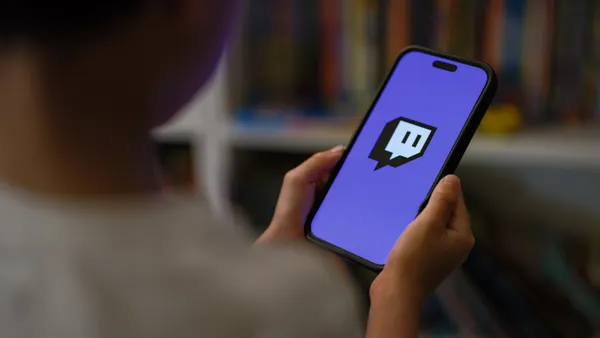Brief:
- Facebook has made ads in its Stories feature available to advertisers around the world after testing the format in the U.S., Mexico and Brazil starting in May, the company announced.
- Advertisers can now add Facebook Stories to news feed or Instagram Stories campaigns, with support for Stories ads in Messenger coming soon. The social giant's targeting and measurement capabilities are available for the ad format across platforms.
- KFC, iHeartRadio and Kettle Chips reported seeing brand lift from their campaigns that used the format, according to Facebook's blog post. Clothing company Tentree and dating app Skout reported more customer actions at a lower cost after adding Facebook Stories to their Instagram Stories ad campaigns.
Insight:
Facebook bringing ads to Stories — a feature it adopted from competitor Snapchat and also rolled out in its Instagram app — offers advertisers another channel for consumer contact in its ecosystem. The stories format grows increasingly popular across social media platforms. More than 300 million people use Facebook Stories and Messenger Stories every day, according to Facebook's internal data, and 68% use stories on at least three apps regularly, per an Ipsos survey commissioned by Facebook IQ.
Not only is the stories format popular among users, but they're proving to be an effective ad format from a marketing perspective as well. Sixty-two percent of people said they became more interested in a brand or product after seeing it in stories, Ipsos found. With such a high rate of engagement and brand impact, it was only a matter of time before Facebook incorporated revenue-generating ad into Stories.
The launch of ads in Facebook Stories is the latest move by the company designed to make it even more attractive to advertisers, especially ones looking to engage mobile users. Facebook last month added new software tools that make mobile-first video ad creation easier. It also brought playable ads and augmented reality ads to the news feed through partnering with fashion brand Michael Kors. These efforts could help it hold on to its 20.6% share of the U.S. digital ad market.













